IHRB vows to increase testing levels as annual integrity statistics are revealed
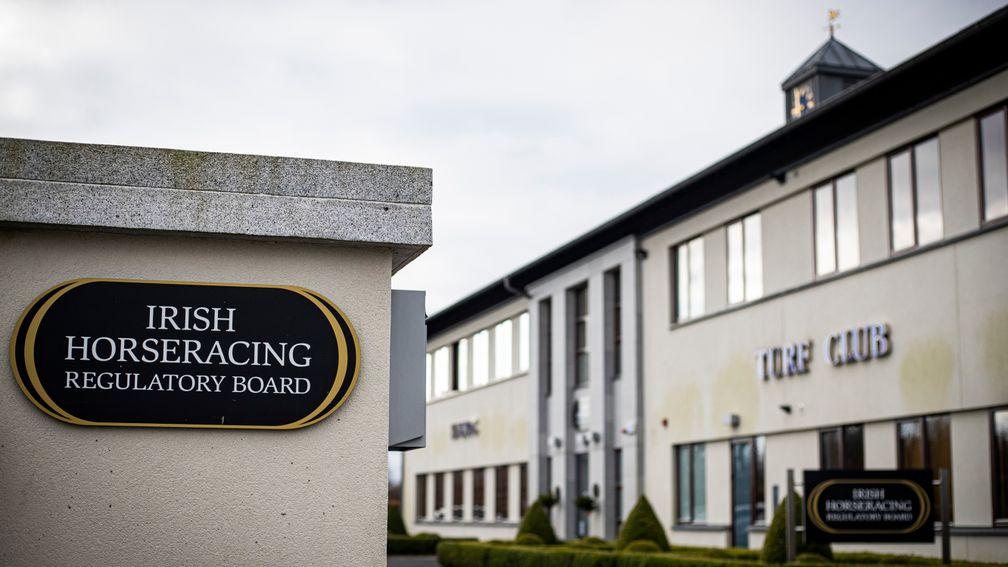
The Irish Horseracing Regulatory Board has pledged to increase drug testing levels to almost 5,000 samples this year – an increase from 3,224 in 2020 – with the ambition to introduce unannounced testing at unlicensed premises by the middle of 2021.
The aspiration to do more testing, beyond the '4,000-plus' announced by Horse Racing Ireland in February, was referenced by the regulator in its annual integrity statistics for 2020.
IHRB chief veterinary officer and head of anti-doping Dr Lynn Hillyer had previously suggested that the permission to test without notice at unlicensed premises could be introduced by the middle of this year, and she restated that ambition in an Irish Examiner interview on Saturday, citing the acquisition of warrant cards as the next step in the process.
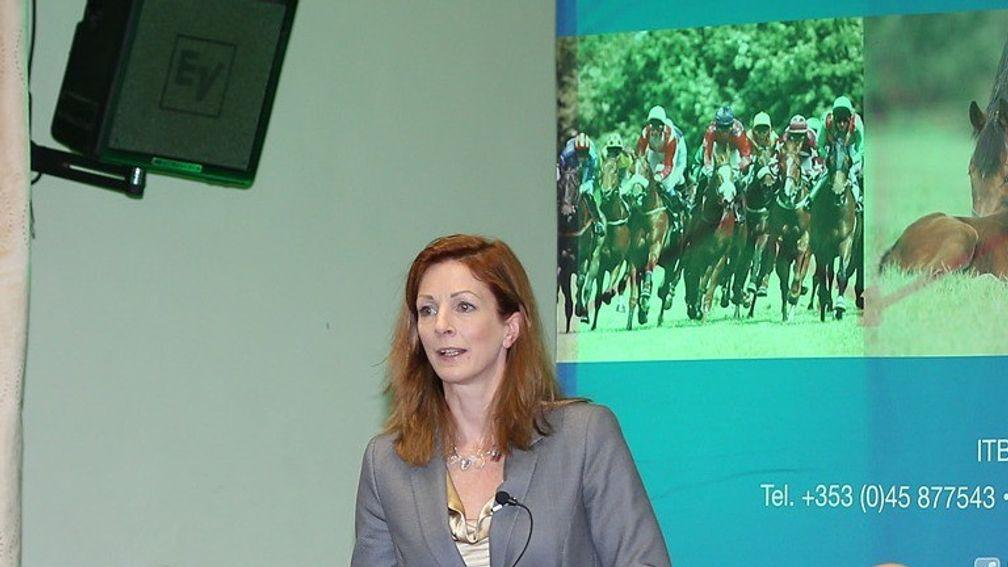
An IHRB spokesperson told the Racing Post that the training of officers, which had been previously delayed by the pandemic, has now been completed.
A notable change in the statistics for 2019 and 2020 was the significant reduction of inquiries relating to passport irregularities and vaccination errors, which fell from 237 to 17 as a result of a new system requiring vaccinations to be pre-cleared prior to declarations.
IHRB chief executive Denis Egan praised jockeys for the reduction in whip-related inquiries, which dropped from 379 to 213 and were seemingly linked to riders becoming more familiar with new whip rules introduced in April 2019.
"Despite the impact of Covid there have been some very positive trends in the statistics for 2020, particularly in the reduction in the number of racecourse inquiries relating to the whip and passport and vaccination issues," he said.
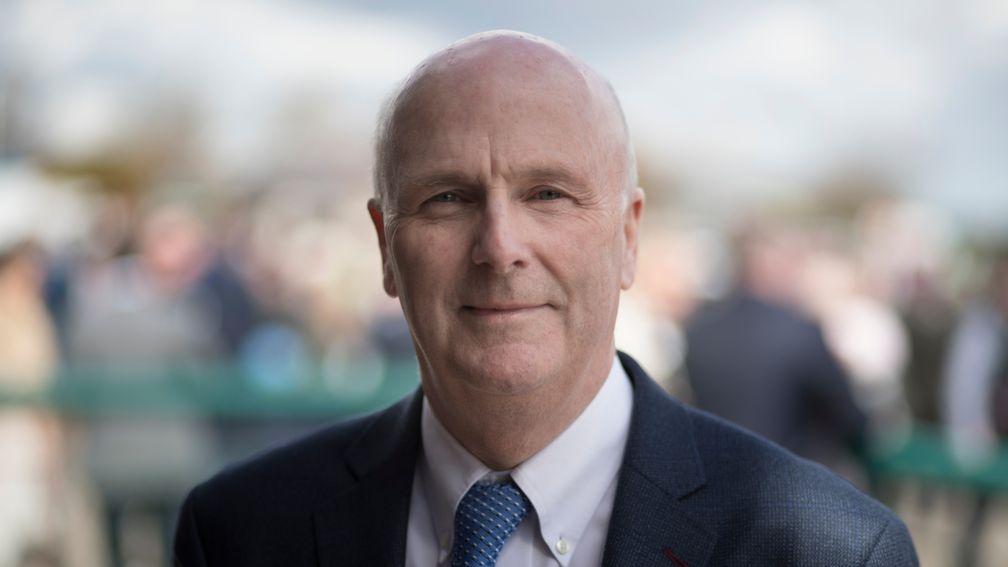
"The rate of rule breach has reduced from 0.86 breaches per meeting in 2019 to 0.64 in 2020. We have been working with the riders' associations during the year on this and the riders deserve great credit for modifying their riding styles."
There was also a reduction in the number of inquiries relating to breaches of the weighing out and in rules.
An IHRB spokesperson said: "With no saunas in use, the increase of 2lb in the weight structure, introduced alongside the resumption of racing last June, helps everyone. The 48-hour declarations also allow riders more notice to make the correct weight. It is a combination of factors."
The latter factor is also understood to have influenced the number of non-runners increasing from 1,951 in 2019 to 2,413 in 2020.
The spokesperson added: "The introduction of 48-hour declarations for all meetings is also part of the new protocols since the resumption and this would seem to account for the spike in non-runners."
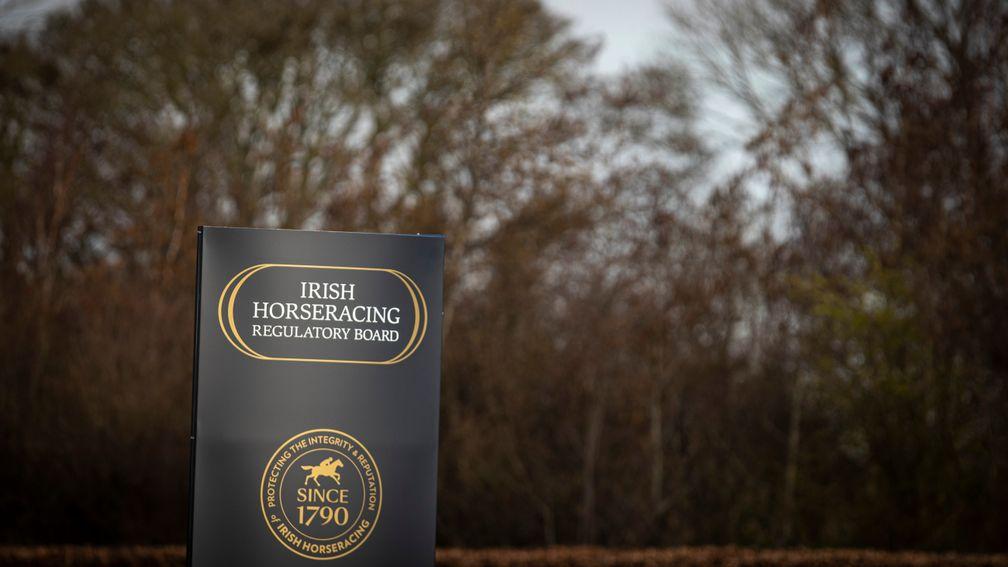
Alcohol breath-testing of riders fell sharply and was carried out at only two meetings across 108 riders, compared to 19 fixtures and 854 jockeys a year earlier.
However, drug testing was higher than 2018 and slightly down on 2019, with one positive from 255 riders at 23 meetings last year. There were two positives from 317 tests across 34 fixtures in 2019.
The number of licences issued to trainers increased marginally from 345 to 348, but there were 12 fewer restricted trainers – responsible for four horses or fewer – in 2020 than 2019 (204 to 192).
Stable staff numbers grew to 3,444 from 3,252, the highest level since 2009.
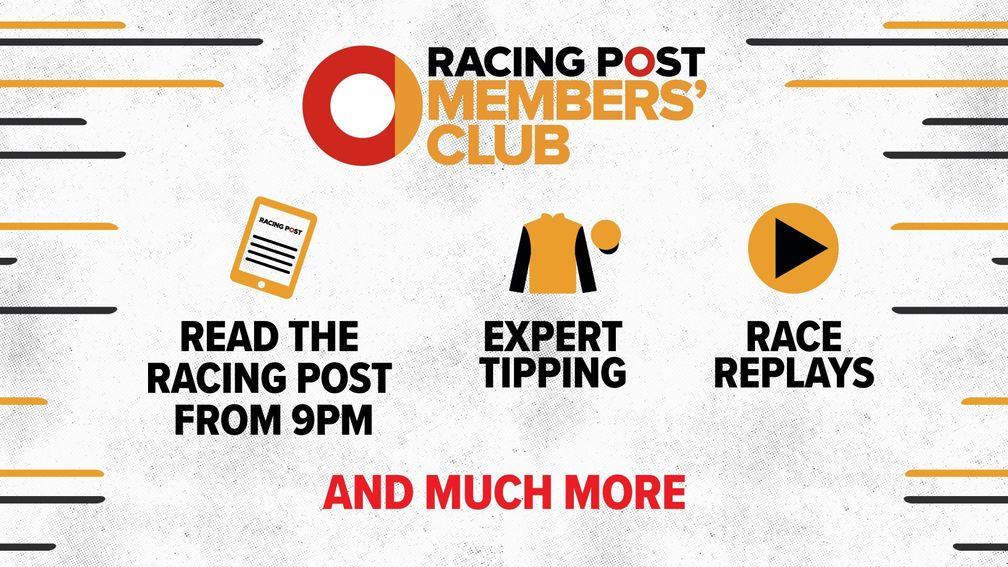
Members can click here to download the digital newspaper every evening from 9pm. Not a member? Click here to sign up and enjoy the digital newspaper every day.
Published on 22 April 2021inNews
Last updated 16:04, 22 April 2021
- 'My career has been marked by some great moments of joy' - modern master Olivier Peslier to retire on Thursday
- The latest edition of the Racing Post is available to read online now - here's how you can access it
- How Smart View recorded a 76 per cent profit at the Cheltenham Festival
- Smart View is available on the Racing Post app - how to read the revolutionary new racecard
- Levy reform talks 'accelerating' as clock ticks down to April deadline for agreement
- 'My career has been marked by some great moments of joy' - modern master Olivier Peslier to retire on Thursday
- The latest edition of the Racing Post is available to read online now - here's how you can access it
- How Smart View recorded a 76 per cent profit at the Cheltenham Festival
- Smart View is available on the Racing Post app - how to read the revolutionary new racecard
- Levy reform talks 'accelerating' as clock ticks down to April deadline for agreement